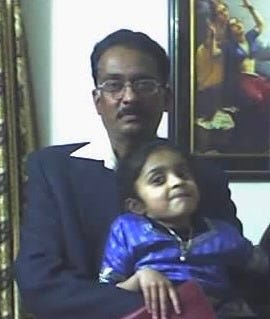heavy loss and grieving hearts.
I like to think of myself as someone who knows how to carry pain. Not in an overdramatic way, not in a self-pitying way, just… in a way that feels natural. Like my body was built to hold it. Like I have a quiet understanding with grief and we nod at each other in passing. I don’t fear it. I don’t resist it. I just let it take its seat beside me, because I know it will, eventually be one with me. It always does.
But knowing doesn’t mean accepting. It doesn’t mean embracing. It doesn’t mean I’m okay with it. It just means I’m familiar. Familiar with the way grief drapes itself over me like a heavy coat, making everything just a little harder to move through. Familiar with the way it sneaks into quiet moments, turning even the simplest memories into landmines. Familiar with the weight in my chest that never fully disappears, just shifts and settles in new ways.
Loss isn’t loud. Not in the way you think it is. The movies get it wrong—there’s no dramatic music, no perfectly timed tears, no clean resolution. It’s quiet. It’s an empty chair. A phone that won’t ring. A conversation that never gets to be had. It’s the way your brain still expects them in familiar places, the way you turn to tell them something and remember halfway through the sentence that they are gone.
That is what grief really is. It is absence. And absence is loud in a way silence never is.
It’s not just sadness; it’s a weight that makes everything else feel pointless. It makes you feel useless like you are stuck in a body that won’t cooperate, a mind that refuses to focus. You try to do the things you used to, but every action feels like wading through thick fog. The motivation disappears. The simplest tasks feel impossible. Even getting out of bed can feel like a battle you’re destined to lose.
People tell you to take it one step at a time but what if you don’t even have the energy to lift your foot? What if trying feels like failing before you’ve even started? The world keeps moving but you are standing still, watching it blur past while you remain frozen. You want to do something—anything—but the weight of it all keeps you stuck. And that’s the most frustrating part: knowing what needs to be done but feeling entirely incapable of doing it.
I know people say you have to move on. That time heals. That eventually, the grief won’t feel as sharp, won’t cut as deep. But they don’t tell you that time doesn’t erase it, it just makes room for it. You don’t heal from loss. You just grow around it. You expand in ways you didn’t think you could, making space for the sadness to live alongside the joy, the memories to exist without unraveling you completely.
And maybe that’s the cruellest part of all: that life keeps going. That even when you feel like your world has shattered, the rest of it keeps moving forward, indifferent to your grief. The sun rises. The coffee still brews. People still laugh, still fall in love, still get annoyed by traffic and taxes and slow Wi-Fi. And you? You just exist in the in-between. Half here, half somewhere else.
At some point, you start to breathe again. Not because you’re ready but because your body forces you to. You wake up and realize that the weight hasn’t lifted but you’ve gotten stronger. That you’re still standing, still moving, still making it through. You realize that maybe moving on isn’t the goal. Maybe the goal is just to keep going. To honour what was lost by continuing to live.
I think about that sometimes. About how grief isn’t a monster to be defeated, but a companion to be carried. How loss doesn’t demand to be fixed, just acknowledged. How maybe, just maybe, the only way to keep them with us is to keep living. To let their love shape us instead of their absence define us.
And maybe that’s enough. Maybe that’s what healing looks like. Not forgetting. Not moving on. Just… carrying them forward, in the only way we know how.
Sometimes, grief is the only thing that gets you out of your writing slump.




